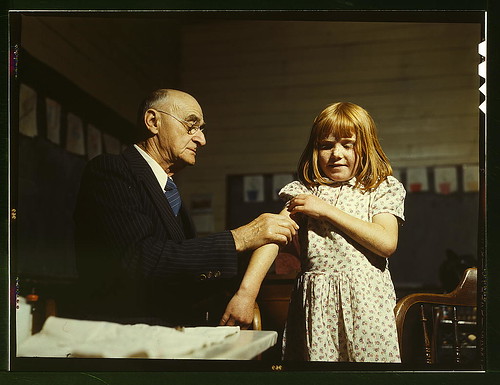 |
| Using social media to encourage using social media |
Problem: How do we get great clinician educators--doctors with hearts of gold, infused with passion and brimming with insight, who have valuable and unique perspectives confined to their heads--to give Twitter a try?
The paradox here is that for many superb doctors who are passionate about doing right for patients, it is the service to this very passion that makes them very, very busy--so busy, in fact, that they are reluctant to explore the potential of a new platform to promote their passion. Since services like Twitter need to be tried to be understood, how do we break this barrier? (To use business language- how do we enable physician knowledge to scale?)
I have such a clinician in mind, and wrote about him here. I approached him in the gentlest way possible, taking great pains not to act like I, a medical newbie, was telling him how to do his job. I explained that it's the fact that his passion resonated with me that motivates my recommendation.
He replied something to the effect "Yeah, that sounds nice, but I'm too busy."
This isn't an isolated case. Rather, it points at a central hang-up in modern medicine that Bryan Vartabedian has called the need to Repurpose Physician Knowledge. Dr. Vartabedian is asking if we can develop systematic approach to sharing genuine medical insight?
I have an idea for this that can be implemented right now, and I need your help to pull try it out. Can you comment below in support of my clinician educator giving Twitter a try? If your comments could adhere to this general format, I'd be intensely gratified:
- Please please PLEASE use a nice, respectful tone.*
- State your general role in healthcare (patient, doctor, nurse, onlooker, med student, etc.)
- Why you think it's worth a shot. Feel free to condense your support to a single word like "Because" or a phrase like "Because I've learned from Twitter." Alternatively, feel free to elaborate away.
- Bonus: If you tailor your response to your perspective, holy smokes.
Let's develop a name for the process whereby the social media community approaches someone currently outside that community, someone who has been vetted by a respected voice from within the community, and this approach is made via the very social media platforms that said community is promoting. I'm thinking it should be called a social media intervention. Other ideas?
If this social media intervention works with my clinician, perhaps it can serve as a model for getting other doctors involved, serving as an early step toward systematizing the repurposing of physician knowledge.
*This really is important. At the risk of sounding condescending, NOTHING more effectively turns people off to trying something new than condescension.




